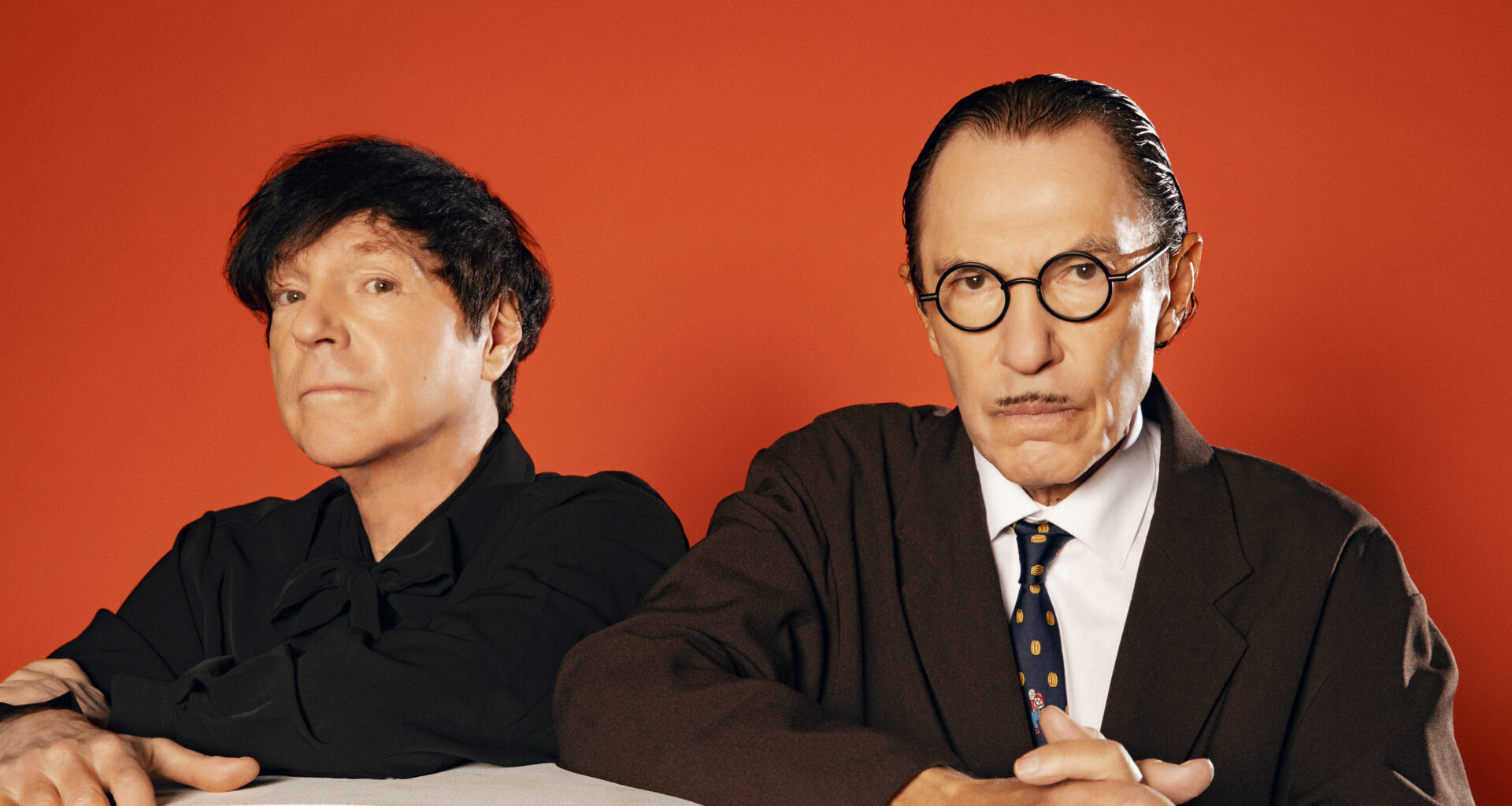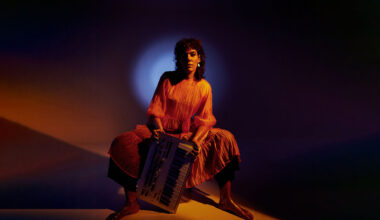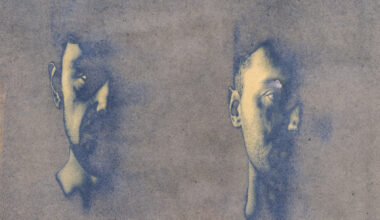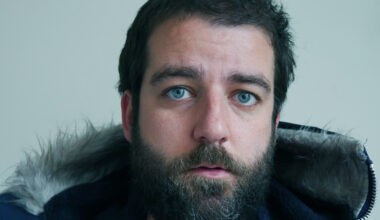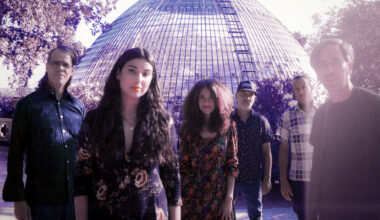Ron and Russell Mael talk about Veronica Lake, North Korean military pageantry and their expanding collection of trainers and snow globes. Oh, and their 25th studio album, ‘The Girl Is Crying In Her Latte’. Yes, it’s just another day in the strange and beautiful world of Sparks
Want to read more?
Sign up to Electronic Sound Premium to gain access to every post, video, special offers, and more. 100%, all you can eat, no commitment, cancel any time.
Already a premium member? Log in here
